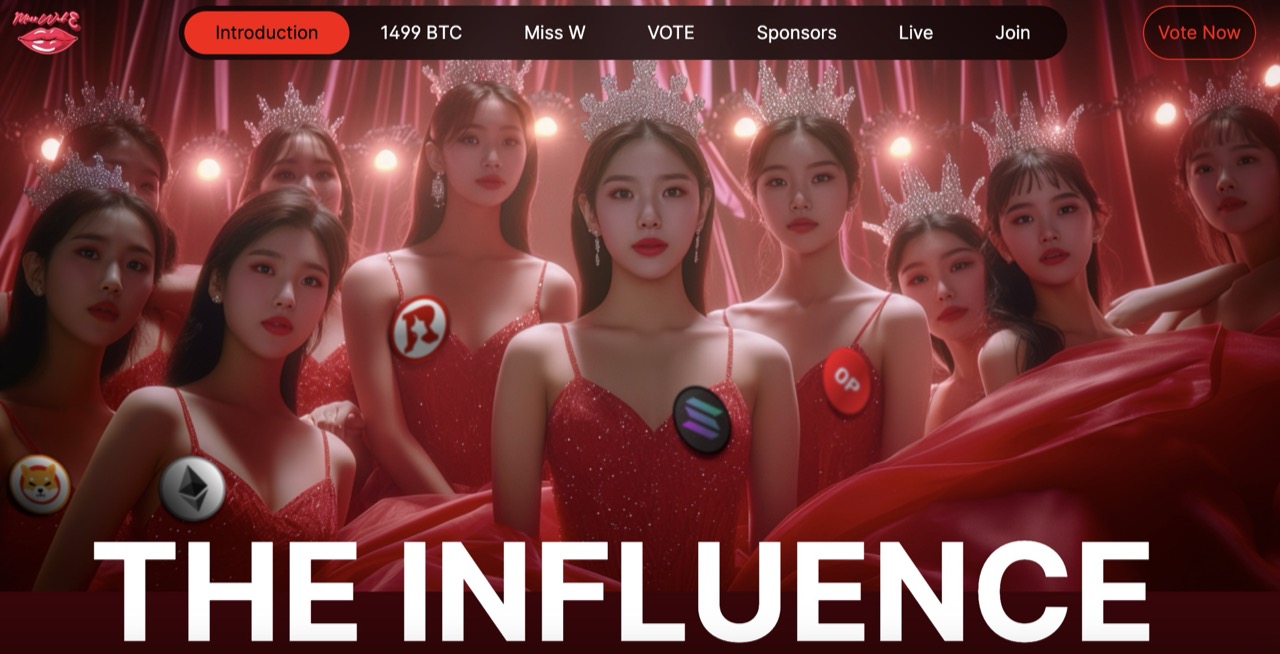Asprey Studio is thrilled to announce, “Silver Scream”, an edition of Edvard Munch’s monochrome masterpiece “The Scream,” 1895 (litho), sourced from the official Art Institute of Chicago archive via Bridgeman Images in collaboration with ElmonX.
This exclusive collection consists of 444 digital artefacts (NFTs) with 10 physical artworks exclusively for numbers 1-10.
The digital pieces are priced at 0.01btc (approx. $700) with 434 unique variations with various levels of rarity on the Ordinal blockchain. Scream represents anxiety, Chief Creative Officer, Alastair Walker, of Asprey Studio stated “It’s an appropriate piece for the digital art / crypto world and we were inspired by its expressionism and added some motion, colour and unique variations to the collection”. The digital versions will be revealed in the coming days.
Each physical piece is meticulously crafted from a sheet of sterling silver and oxidized using the original Scream lithograph. These pieces will be expertly handcrafted by the master silversmiths at Asprey’s London workshop and finished by master engravers. Each of the 10 physical pieces is digitally linked through Bitcoin Ordinals, ensuring that they will exist forever in a digital state.
Chairman of Asprey International said: “I am delighted with the release of the Silver Scream. It is an iconic painting and Asprey Studio has perfectly re-imagined it for the digital age.”

“It will be a controlled and transformative process to capture our interpretation of ‘Scream.’ The physical pieces will be hand-block oxidized on sterling silver, adorned with ‘silver dust’ from our polishing room, creating a subtle patina that makes each one unique.”, says Walker. Priced at 20k usd each, the 10 Silver Scream editions will be available for purchase directly from Asprey Studio and will also be showcased at the Asprey Studio’s gallery in Mayfair.
Visit aspreystudio.com to apply.
About Asprey Studio
The Asprey Studio was formed to explore the connection between digital and physical pieces and the rise of the digital art medium. The Asprey Studio creates unique collections using new and traditional production techniques as well as one-of-a-kind creations with its partners and artists, of exceptional talent. – Alastair Walker, Chief Creative Officer of Asprey Studio The studio is split into three components- the design studio, the members club and the studio’s gallery. The Asprey Studio represents a new dimension for the 242 -year- old luxury house, Asprey, as it delves into the future of luxury and art in an innovative and unbounded manner. The Asprey Studio has successfully launched several projects, including collections in collaboration with Bugatti. The Studio is an early advocate for artists working with technology and those exploring the intersection of the physical and digital worlds. All of its pieces are unveiled at the Asprey Studio Gallery, with exclusive first access granted to members of the Asprey Studio Club. Club members also enjoy benefits such as access to events and exhibitions before the general public, as well as the opportunity to acquire a physical gold signet ring (subject to availability).
About Bridgeman Images
Bridgeman Images is the world’s leading source of fine art, cultural and historical media for reproduction.
We help creatives produce award-winning work, by licensing images and videos from thousands of the world’s most prestigious museums, collections, contemporary artists, and photographers. Our clients benefit from a simple, fast, reliable service and comprehensive advice on all aspects of copyright and licensing.
With offices in London, Paris, New York, Berlin and Bologna, we are one of the world’s oldest stock imagery companies and have been clearing copyright and reproduction rights on behalf of artists and artists’ estates since 1972.
We pioneered the model of sharing a significant proportion of income with our image suppliers as royalties. Over the years we’ve paid more than $100m+ to our content partners, which goes back to supporting arts and culture globally.
About ElmonX
ElmonX specializes in the creation of licensed NFT (non-fungible token) art. Their team of skilled artists and designers create pieces that are not only visually stunning, but also technologically advanced. By utilizing blockchain technology, ElmonX is able to offer next-generation collectibles and artifacts that are aesthetically pleasing and verified through a unique and transparent way for art collectors to invest in and showcase their collections.
The company’s focus on art, next-gen collectibles and artifacts reflects their dedication to staying at the forefront of the art world and their commitment to pushing boundaries and breaking new ground. ElmonX’s NFT art represents a new era in art collecting. As blockchain technology continues to gain traction, the demand for digital assets and collectibles is on the rise.
By creating licensed NFT art, ElmonX offers collectors a new way to appreciate and showcase their love of art. Whether you’re a seasoned art collector or a newcomer to the world of NFTs, ElmonX’s pieces are sure to captivate and inspire.
About The Scream:
Munch’s The Scream is an icon of modern art, the Mona Lisa for our time. As Leonardo da Vinci evoked a Renaissance ideal of serenity and self-control, Munch defined how we see our own age – wracked with anxiety and uncertainty. Essentially The Scream is autobiographical, an expressionistic construction based on Munch’s actual experience of a scream piercing through nature while on a walk, after his two companions, seen in the background, had left him. Fitting the fact that the sound must have been heard at a time when his mind was in an abnormal state, Munch renders it in a style which if pushed to extremes can destroy human integrity. As previously noted, the flowing curves of art nouveau represent a subjective linear fusion imposed upon nature, whereby the multiplicity of particulars is unified into a totality of organic suggestion with feminine overtones. But man is part of
nature, and absorption into such a totality liquidates the individual. Beginning at this time Munch included art nouveau elements in many pictures but usually only in a limited or modified way. Here, however, in depicting his own morbid experience,
he has let go, and allowed the foreground figure to become distorted by the subjectivized flow of nature; the scream could be interpreted as expressing the agony of the obliteration of human personality by this unifying force. Significantly, although it was Munch himself who underwent the experience depicted, the protagonist bears no resemblance to him or anyone else. The creature in the foreground has been depersonalized and crushed into sexlessness or, if anything, stamped with a trace of the femininity of the world that has come close to assimilating it.
Several facts indicate Munch was aware of the danger of art of this sort for a neurotic humanist like himself. He soon abandoned the style and rarely if ever again subjected a foreground figure to this kind of radical and systematic distortion. At the top of another version of the subject (National Gallery, Oslo) he wrote: ‘Can only have been painted by a madman.’ He certainly had a horror of insanity, which had afflicted his sister Laura. Within the picture, he has set up a defense, in the form of the plunging perspective of the roadway and its fence, which preserves a rational world of three dimensions, holding at bay the swell of art nouveau curves. Safe in this rational world, the two men in the distance remain unequivocally masculine. In the foreground unified nature has come close to crossing the fence, close enough to distort the form and personality of the protagonist. But the fence still protects it from total absorption into subjective madness.




